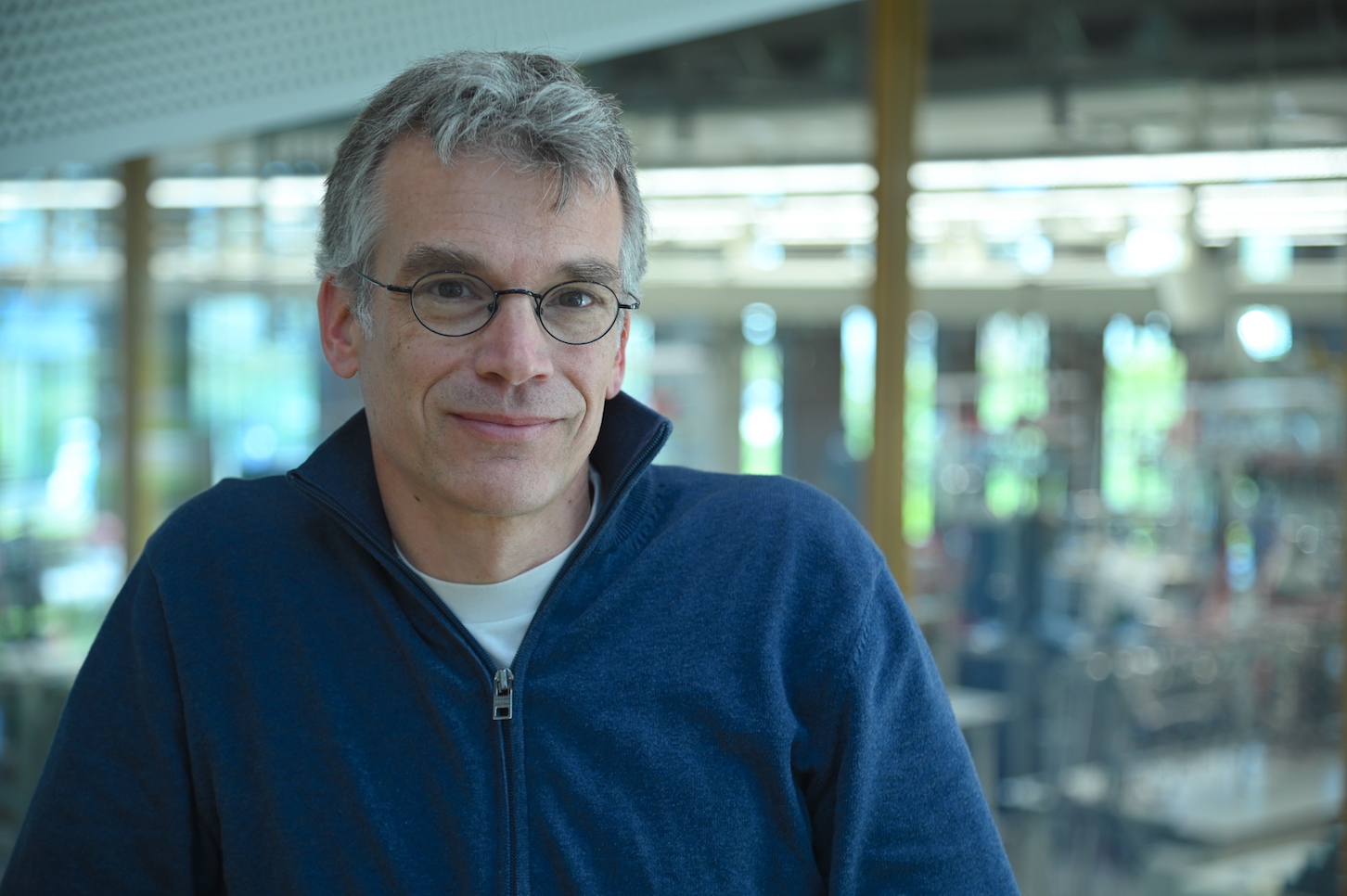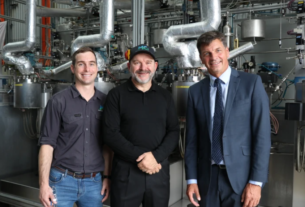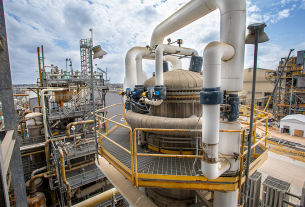The Netherlands – Molecular systems biologist, Prof. Matthias Heinemann, is making a strong case for carbon dioxide (CO2) as a raw material. Heinemann argues that CO2 offers an important option to move away from fossil fuels, and that the Netherlands is uniquely positioned to take a leading role in this area. The country already has a strong presence in the chemical industry and a wealth of scientific expertise.
Heinemann believes that collaboration between businesses, governments, and academic institutions will be crucial in developing new, sustainable materials, fuels, and food using CO2 as a raw material. To this end, he is one of the initiators of FutureCarbonNL, a broad innovation programme that seeks to make the Netherlands a world leader in the reuse of CO2 and carbon monoxide (CO) for a variety of applications. The programme, which aims to raise €1.43bn, has applied for a €663m grant from the Dutch National Growth Fund, with private and public sector partners contributing the rest. Heinemann stresses that the programme must be open to all innovative ideas, from start-ups to established firms, if it is to achieve its ambitious goal of making the Netherlands a hub of carbontech innovation.
Forefront
Heinemann’s involvement in the programme is somewhat unexpected, given his background in molecular systems biology, a field only tangentially related to carbon capture and utilization (CCU). However, he sees the transition away from fossil fuels as an urgent priority, and views carbontech as an opportunity for the Netherlands to become a global leader in a new and important field. He notes that the country’s unique collaborative culture, which brings together industry, academia, and government, is well-suited to driving innovation in this area. Heinemann believes that CO2 will soon become an essential raw material for a range of applications, and that the Netherlands has the potential to be at the forefront of this emerging industry.
Protein
Overall, Heinemann is optimistic about the potential of CO2 as a feedstock. He already sees several hopeful developments. Two companies already working energetically on CCUS technology are Deep Branch and Avantium. Deep Branch is a Dutch-British biotechnology company that uses microbes to convert carbon dioxide into protein for animal feed. The company is now building a pilot plant at Chemelot in the south of the Netherlands. Avantium is a Dutch company that, among other things, is developing technology to convert plant sugars into bio-based chemicals and materials. The company has also developed a process for converting carbon dioxide into a key chemical intermediate, which can then be used to make a range of products.





